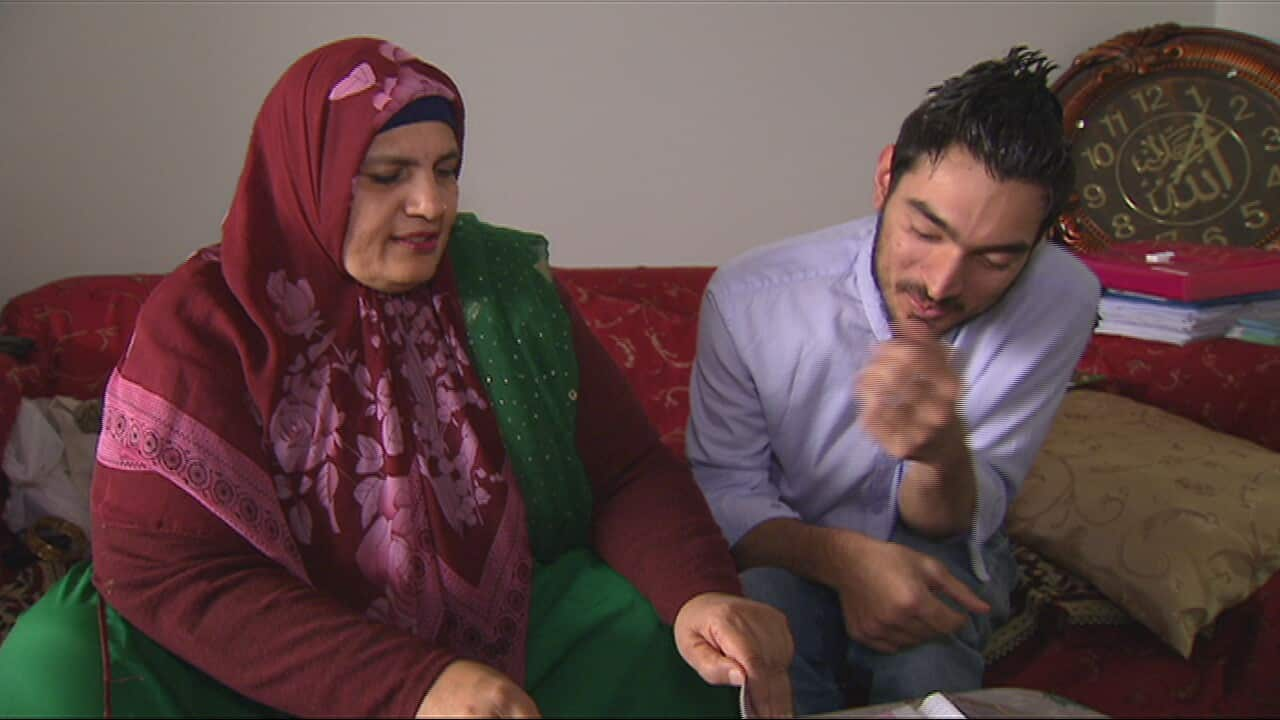Mother-of-six Robina Yasmin has devoted her life to looking after her son who has cerebral palsy and severe anxiety.
"She would have to help me wear my clothes. Sometimes I couldn't move around much so she used to take me out," said 26-year-old Ismail Khan.
As a migrant from Pakistan, she never thought to ask for help.
"If [people from the Pakistani community] knew I needed some help they would think I am a little bit low," Ms Yasmin said.
“Even from my country, the people were saying her son is disabled, I think the parents have committed some sins.”
Cultural stigma is one of many reasons why some carers with migrant backgrounds don't seek help.
NSW Minister for Multiculturalism John Ajaka said there are many ‘hidden carers’ in the community who don’t realise there are services available to them to help lift some of the responsibility.
“Sometimes it's because of language barriers. Sometimes it’s because they simply do not understand that the services are there, especially those carers from a multicultural group," he said at the launch of Multicultural Health Week at NSW State Parliament.
Health authorities want to boost awareness of services available for carers by providing information and access to services in a range of languages.
"There's money that people can get there's other support that people can have. There's respite so if you're caring for someone who you know and it's really difficult you can actually get respite,” said NSW Multicultural Health Director Peter Todaro.
In 2015, there were over 2.8 million unpaid carers in Australia. More than a quarter of them were born overseas.
According to Carers NSW, up to 1 in 5 carers identify as being from culturally and linguistically diverse backgrounds.
The impact of caring can be particularly significant for people in migrant communities.
"Our research has shown that carers from culturally and linguistically diverse backgrounds experience greater distress and emotional distress as a consequence of their caring," said Elena Katrakis, Carers NSW CEO.
These days Ismail is more independent, going to university and driving his car but Robina knows her son wouldn't be where he is today without the support she had along the way.
"The people who help they are like angels to me," she said.

